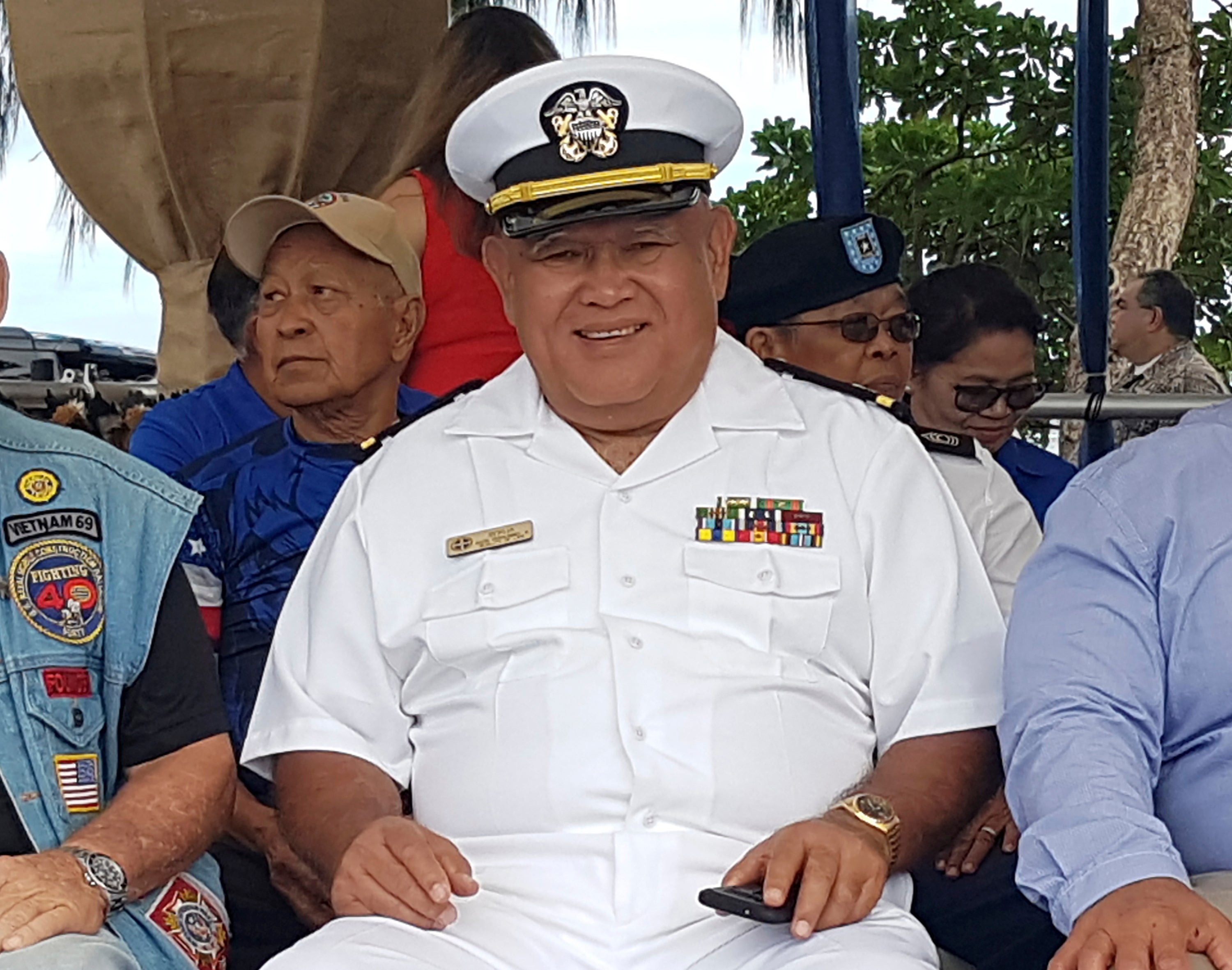Ex-Hawaii residents in territories seek presidential voting
Six former Hawaii residents who now live in U.S. territories want to be able to vote by absentee ballot for president

Your support helps us to tell the story
From reproductive rights to climate change to Big Tech, The Independent is on the ground when the story is developing. Whether it's investigating the financials of Elon Musk's pro-Trump PAC or producing our latest documentary, 'The A Word', which shines a light on the American women fighting for reproductive rights, we know how important it is to parse out the facts from the messaging.
At such a critical moment in US history, we need reporters on the ground. Your donation allows us to keep sending journalists to speak to both sides of the story.
The Independent is trusted by Americans across the entire political spectrum. And unlike many other quality news outlets, we choose not to lock Americans out of our reporting and analysis with paywalls. We believe quality journalism should be available to everyone, paid for by those who can afford it.
Your support makes all the difference.Six former Hawaii residents who now live in Guam and the U.S. Virgin Islands want to be able to vote by absentee ballot for president.
They are being treated like “second-class citizens” because of where they live, they said in a federal lawsuit filed late Thursday in U.S. District Court in Honolulu.
They would be able to vote absentee for president and representation in the U.S. Senate and U.S. House of Representatives if they lived in the Commonwealth of the Northern Mariana Islands or anywhere else in the world. But former residents of U.S. states don’t have the same right if they move to other territories: Guam, the U.S. Virgin Islands, American Samoa or Puerto Rico.
“Disparate treatment with respect to voting is an especially grievous constitutional violation because voting is a fundamental right,” the lawsuit said. “Indeed, even if they resided in Antarctica – or left Earth entirely to work at the International Space Station – they would still be permitted to vote for President and voting members of Congress in federal elections.”
One of the plaintiffs, U.S. Air Force veteran Randall Jay Reeves, was born in Ohio and moved to Guam in 1996 as an employee of the Federal Aviation Administration. In 2002, he was transferred to Hawaii and then later back to Guam, where he lives now.
The lawsuit noted that he was able to vote by absentee ballot for president while in Germany in 1988, where he remained as a civilian contractor for the Department of Defense after leaving the Air Force.
One of his FAA colleagues happens to live in the Northern Mariana Islands. The colleague is able to vote by absentee ballot for president, but Reeves is unable to.
Another plaintiff, Vicente “Ben” Borja was born in Guam and volunteered to serve in the U.S. Navy. He lived in Hawaii, where his wife battled cancer. It was her dying wish for them to return to Guam, the lawsuit said.
“Mr. Borja believes that if one can be drafted to serve in the U.S. Armed Forces, as residents of Guam are, one should be able to vote for the Commander-in-Chief,” the lawsuit said.
Borja said he has earned the right to vote after serving in the Navy for 28 years. “Every citizen deserves the right to vote, wherever they happen to live,” he said.
Similar lawsuits, including one filed in Illinois, have been unsuccessful.
If this latest lawsuit is successful, it would affect anyone in a territory who used to live in a state, which could be hundreds of thousands of people.
The Hawaii Office of Elections didn't immediately comment Friday. The Federal Voting Assistance Program, also named as a defendant, didn't immediately respond to a request for comment. Secretary of Defense Mark Esper, who delegates the Uniformed and Overseas Citizens Absentee Voting Act, is also named as a defendant. A spokesman said the Department of Defense doesn't generally comment on pending litigation.
“The next Congress may have an historic opportunity to finally address the denial of voting rights to the nearly 4 million U.S. citizens who live in territories,” said Neil Weare, president of Equally American, a civil rights group that is one of the plaintiffs in the lawsuit.
The lawsuit isn't expected to be resolved in time for Election Day next month.